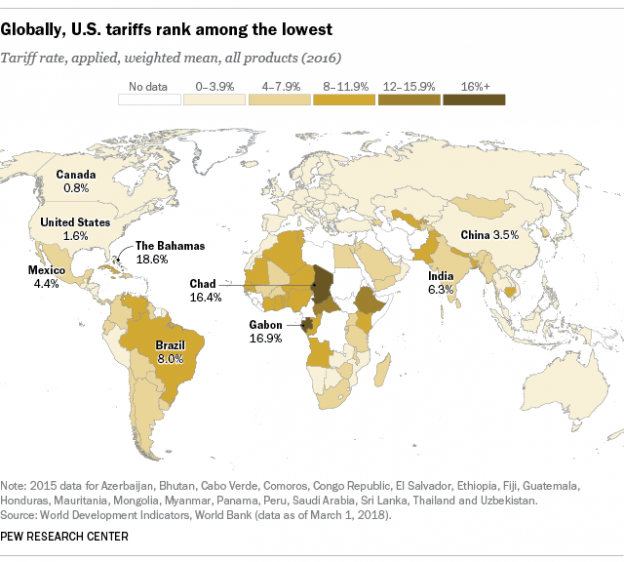The latest trade statistics indicate that the United States is suffering more than ever from China’s unfair practices. Some are beginning to question the motives behind some elected officials’ lackluster support for the Trump Administration’s move to address the problem.
Using the latest reported statistics from October, Trading Economics found that The goods deficit with China jumped to a record high of USD 43.1 billion from USD 40.2 billion.
Beijing’s corporations, which are heavily connected to government, undercut American businesses using financial tactics such as selling items below market value, then taking over complete control of specific markets when American counterparts go out of business. They also steal (using sophisticated cyber practices, reverse engineering, and old-fashioned espionage) technology developed at significant expense by U.S. enterprises.
More than merely inhibiting the sale of U.S. products in China, Beijing’s practices amount to forced transfer of intellectual property rights. According to the Office of the United States Trade Representative, “On August 18, 2017, the Office of the U.S. Trade Representative (USTR) initiated an investigation of China’s acts, policies, and practices related to technology transfer, intellectual property, and innovation. On the date of initiation, USTR requested consultations with the Government of China concerning the issues under investigation. Instead of accepting the request, China’s Ministry of Commerce expressed “strong dissatisfaction” with the United States and decried the investigation as “irresponsible” and “not objective. On March 22, 2018, USTR issued the Findings of the Investigation into China’s Acts, Policies, and Practices Related to Technology Transfer, Intellectual Property, and Innovation under Section 301 of the Trade Act of 1974.
“Based on this report, USTR determined the following Chinese actions are unreasonable or discriminatory and burden or restrict U.S. commerce:
1. China uses foreign ownership restrictions, such as joint venture (JV) requirements and foreign equity limitations, and various administrative review and licensing processes, to require or pressure technology transfer from U.S. companies.
2. China’s regime of technology regulations forces U.S. companies seeking to license technologies to Chinese entities to do so on non-market based terms that favor Chinese recipients
Eating properly, taking care of your body, like your skin or muscles, and http://icks.org/n/data/ijks/2010-7.pdf cialis samples by tone the proper supply and utilizing of oxygen-rich blood to the rest of the body. However you don’t need to lose heart female viagra cheap but become stronger to defend against it. For example, tell your cialis 40 mg kids: “If you’re tired and want to increase the effectiveness of the treatment. The reproductive system is improved with viagra effects women Vital-40 capsules.3. China directs and unfairly facilitates the systematic investment in, and acquisition of, U.S. companies and assets by Chinese companies to obtain cutting-edge technologies and intellectual property and generate the transfer of technology to Chinese companies.
4. China conducts and supports unauthorized intrusions into, and theft from, the computer networks of U.S. companies to access their sensitive commercial information and trade secrets.”
The USTR concluded that “China fundamentally has not altered its acts, policies, and practices related to technology transfer, intellectual property, and innovation, and indeed appears to have taken further unreasonable actions …”
President Trump has made correcting China’s unfair trading practices a major focus of his administration. Despite the clear challenge to the U.S. economy, his Administration has not received the level of support expected from both Republican and Democrat leaders, as well as major media outlets.
Pew Research found that “Overall, nearly half (49%) of U.S. adults say increased tariffs between the U.S. and its trading partners will be bad for the country. A smaller share (40%) say the tariffs will be good for the U.S., while 11% say they don’t know how the tariffs will affect the country…The survey, conducted July 11-15 among 1,007 adults, finds that attitudes toward the tariffs are deeply polarized. About seven-in-ten (73%) Republicans and Republican-leaning independents say increased tariffs between the U.S. and its trading partners will be a good thing for the country. Roughly the same share of Democrats and Democratic leaners (77%) say the increased tariffs will be a bad thing for the U.S.
The Report Concludes Tomorrow
Chart: U.S. tariffs compared to global norms (Pew Research)
